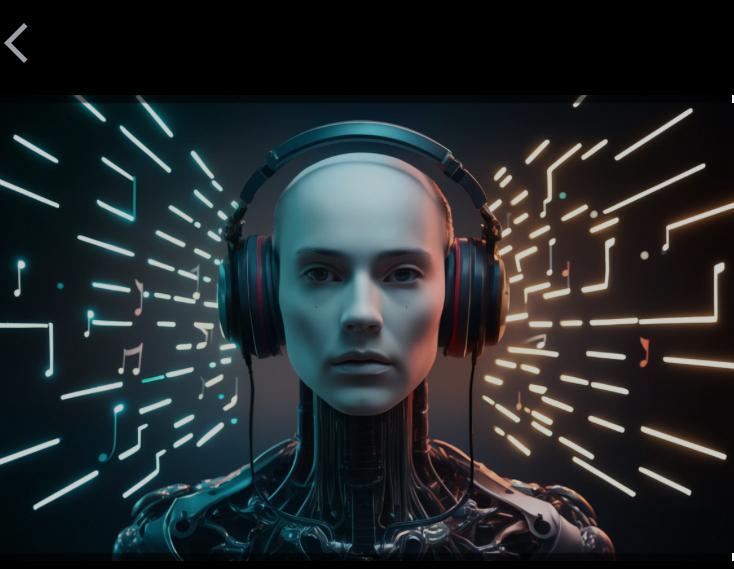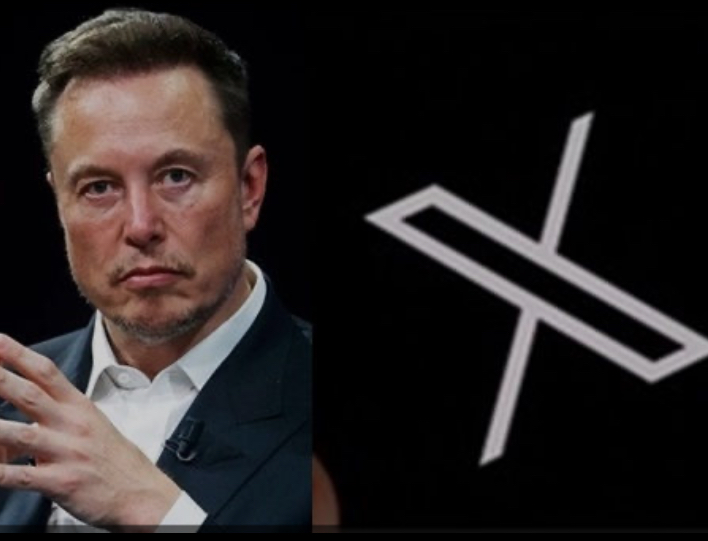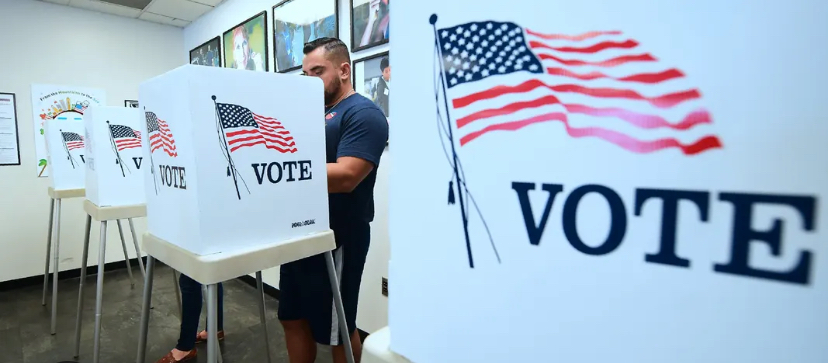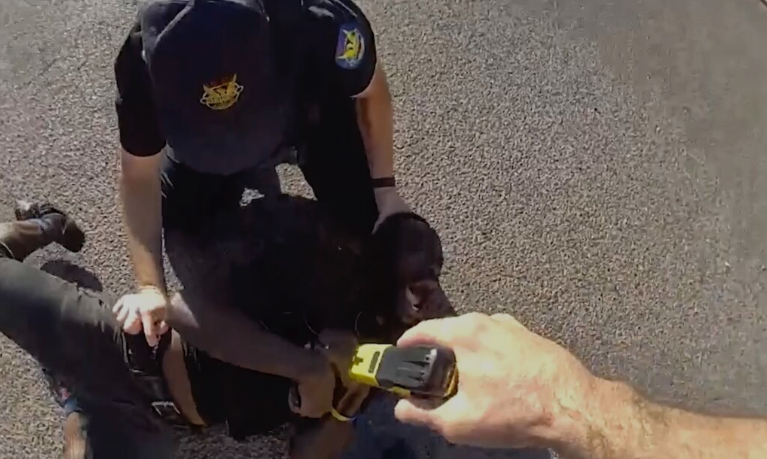
In a significant clash between the music industry and artificial intelligence developers, Universal Music Group, Sony Music Entertainment, and Warner Music Group have initiated lawsuits against AI music platforms Suno and Uncharted Labs, which operates Udio. These actions, organized by the Recording Industry Association of America (RIAA), were filed in U.S. federal courts in Massachusetts and New York.
The lawsuits accuse Suno and Uncharted Labs of using copyrighted music without authorization to train their AI systems. These systems generate music based on text prompts and can produce realistic tracks, including songs with AI-generated voices that mimic real artists. This development has led to growing concerns and debates within the music industry.
Mitch Glazier, RIAA Chairman and CEO, highlighted the industry’s readiness to collaborate with AI developers while stressing the need for fair practices. “The music community has embraced AI and we are already partnering with responsible developers to create sustainable AI tools that focus on human creativity and give control to artists and songwriters,” Glazier stated. He also added that they can only make progress if developers are willing to work with them and unlicensed services like Suno and Udio which exploit an artist’s work for profit without consent or payment hinder the potential for truly innovative AI.
According to the lawsuits, Suno and Udio have not been transparent about the datasets used to train their models, but it is evident that their AI systems have relied heavily on copyrighted material. “Their models could only achieve such realistic music generation by being trained on a vast array of sound recordings from various artists and genres,” the lawsuits claim.
Suno and Uncharted Labs offer tiered subscription services for their AI tools, which can create complex musical compositions autonomously. This capability, while innovative, poses significant legal and ethical challenges regarding the use of copyrighted content and the future role of human creativity in music.
Neither Suno nor Uncharted Labs has disclosed the specifics of their training data, and they have not responded to requests for comment.
As generative AI technology advances, this case is expected to become a critical legal benchmark, influencing how copyright laws will apply to AI-generated works and shaping the future of technology and intellectual property.









